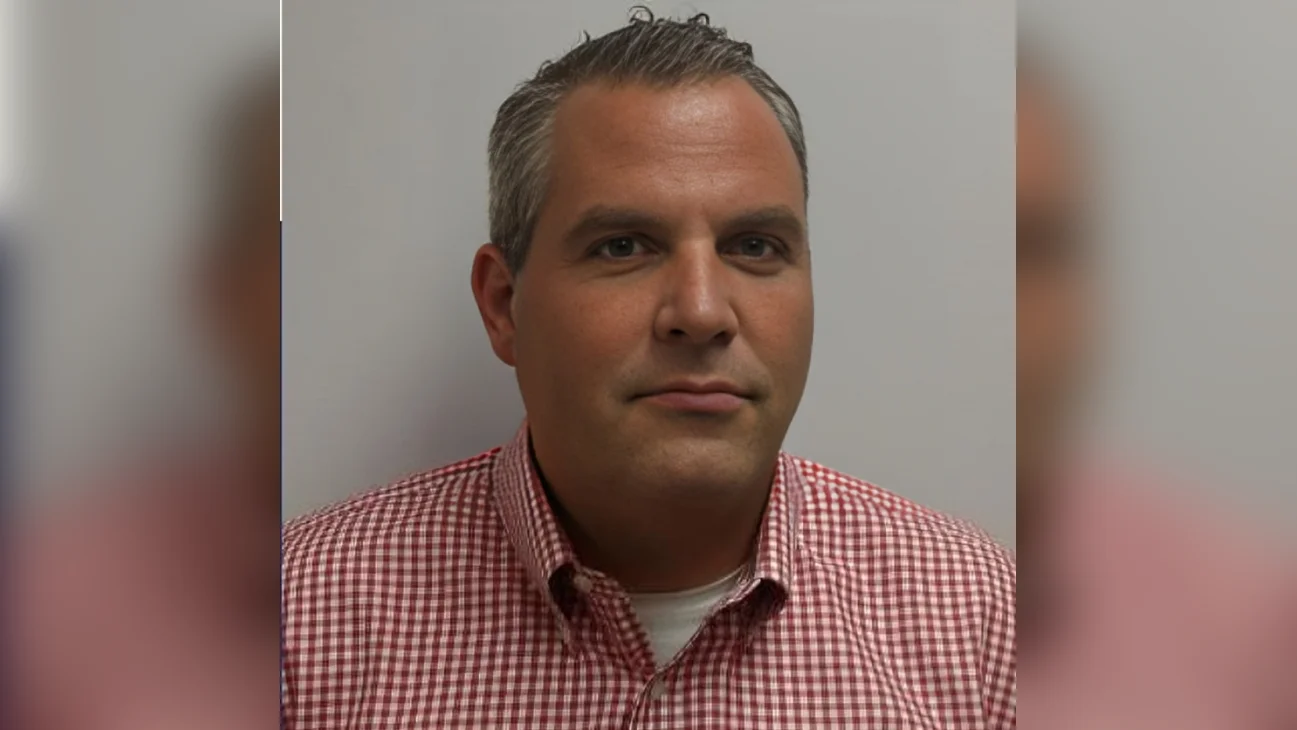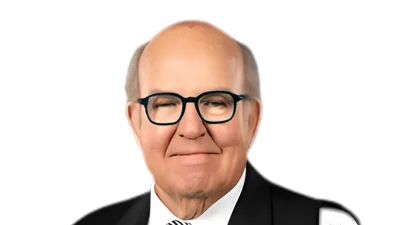Matt Everson State Director of NFIB | Official Website
Matt Everson State Director of NFIB | Official Website
The National Federation of Independent Business (NFIB) reported that its Small Business Optimism Index increased by 1.7 points in July, reaching 100.3. This figure is slightly above the index’s 52-year average of 98. The main contributors to this rise were more business owners reporting improved business conditions and a belief that it is a good time to expand operations.
However, the Uncertainty Index also climbed by eight points from June to 97, indicating continued concerns among small business owners. Labor quality emerged as the most significant issue, with 21% of respondents identifying it as their primary challenge, an increase of five points from June.
“Optimism rose slightly in July with owners reporting more positive expectations on business conditions and expansion opportunities,” said NFIB Chief Economist Bill Dunkelberg. “While uncertainty is still high, the next six months will hopefully offer business owners more clarity, especially as owners see the results of Congress making the 20% Small Business Deduction permanent and the final shape of trade policy. Meanwhile, labor quality has become the top issue on Main Street again.”
Matt Everson, NFIB Iowa State Director, commented on how these trends are affecting local businesses: “Iowa’s small businesses are feeling cautiously optimistic with an increase in overall health ratings,” he said. “Congress making the 20% small business tax deduction permanent boosted confidence amongst Iowa’s small businesses. However, the challenge of finding qualified labor remains a pressing concern for many owners.”
In July, there was a notable improvement in overall business health among survey respondents: 13% rated their business health as excellent (up five points), and 52% rated it as good (up three points). Those rating their business health as fair dropped to 31%, while those rating it poor fell to 4%.
Reports of poor sales as the top problem rose one point to 11%, marking the highest level since February 2021. Expectations for better business conditions increased significantly; a net 36% expect improvements (seasonally adjusted), up by 14 points from June and above historical averages.
Sixteen percent reported that it is a good time to expand their businesses—an increase of five points from June—while inflation remained unchanged as a concern at 11%. The percentage expecting higher real sales volumes declined by one point to a net 6%, which remains below long-term averages.
Capital outlay plans saw minor movement: seasonally adjusted, 22% plan such investments in the next six months—one point higher than June but still below historical norms. According to NFIB’s monthly jobs report, job openings that could not be filled dropped three points to a seasonally adjusted 33%, which is still above average but at its lowest since December 2020. Of those hiring or trying to hire in June, most reported few or no qualified applicants.
Labor costs were cited as the single most important problem by nine percent of respondents—a decrease from June—and compensation increases slowed compared to previous months.
Fifty-five percent reported capital expenditures over the past six months—a five-point increase from June—with spending focused mainly on equipment (38%), vehicles (23%), facilities improvements or expansions (15%), fixtures and furniture (12%), and new buildings or land (5%).
Sales trends showed some weakness: seasonally adjusted net negative nine percent reported higher nominal sales over three months compared to four points lower than June. Inventory gains stayed flat at net negative eight percent; more owners viewed current inventory stocks as too low compared with last month.
Plans for price increases remain elevated: seasonally adjusted net twenty-eight percent plan price hikes—four points lower than June—but this figure remains well above historical averages and suggests ongoing inflation pressures.
Profit trends remained challenging; seasonally adjusted net negative twenty-two percent reported positive profit trends in July. Among those with declining profits, weaker sales were most often blamed.
Financing concerns were relatively stable: four percent cited financing and interest rates as their top problem—up one point from June—and only a quarter regularly borrow funds for their businesses.
Taxes ranked second among owner concerns at seventeen percent—down two points from June—while government regulations accounted for eight percent and competition from large businesses stood at six percent.
The NFIB Research Center has been collecting economic trend data through quarterly surveys since late 1973 and monthly surveys since 1986 using randomly selected members’ responses. The latest survey was conducted in July 2025.




 Alerts Sign-up
Alerts Sign-up